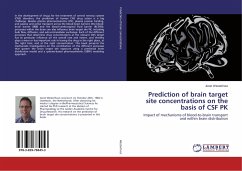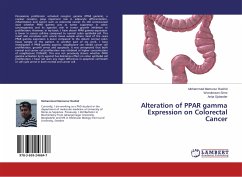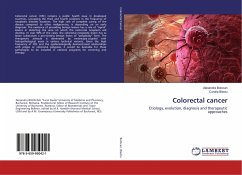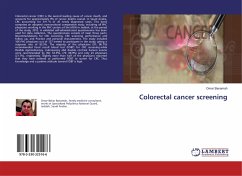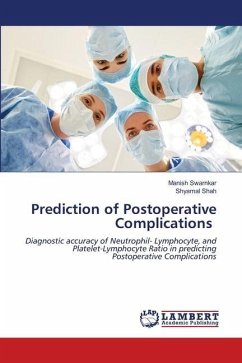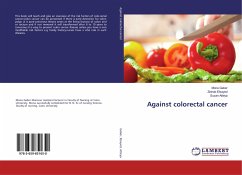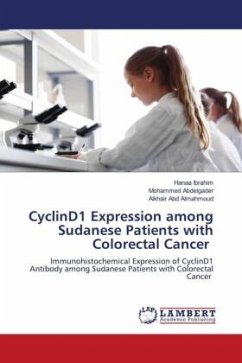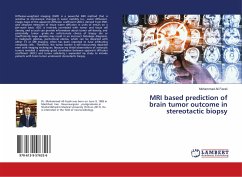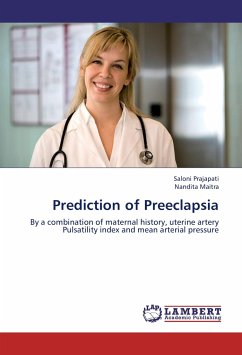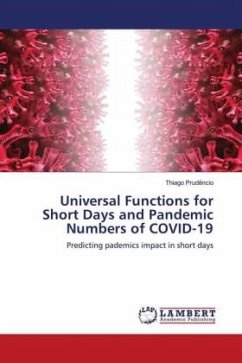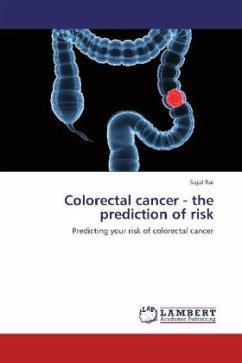
Colorectal cancer - the prediction of risk
Predicting your risk of colorectal cancer
Versandkostenfrei!
Versandfertig in 6-10 Tagen
45,99 €
inkl. MwSt.

PAYBACK Punkte
23 °P sammeln!
Accurate prediction of the risk of colorectal cancer in a patient visiting their family doctor with certain bowel or other symptoms and signs is the key to early diagnosis and treatment which directly affects patient survival. The traditional method of identifying so called 'high risk' symtoms and signs and using these for 'fast-tracking' these patients to the hospital has been the cornerstone of the 'Two-Week-Wait' referral system currently in use in the National Health Service (NHS) in the United Kingdom. This book reviews this system and its successes and shortcomings. The results of a proj...
Accurate prediction of the risk of colorectal cancer in a patient visiting their family doctor with certain bowel or other symptoms and signs is the key to early diagnosis and treatment which directly affects patient survival. The traditional method of identifying so called 'high risk' symtoms and signs and using these for 'fast-tracking' these patients to the hospital has been the cornerstone of the 'Two-Week-Wait' referral system currently in use in the National Health Service (NHS) in the United Kingdom. This book reviews this system and its successes and shortcomings. The results of a project validating an alternative computer software-based questionnaire system are reviewed and discussed. The results show this system to be significantly more specific leading to fewer unnecessary fast-track referrals and better, more effective use of limited resources. The book also reviews colorectal cancers presenting as an emergency which appear to be a totally different breed altogether and right sided colon cancers which can be difficult to diagnose. Colorectal cancers in the immigrant asian population are also discussed.



